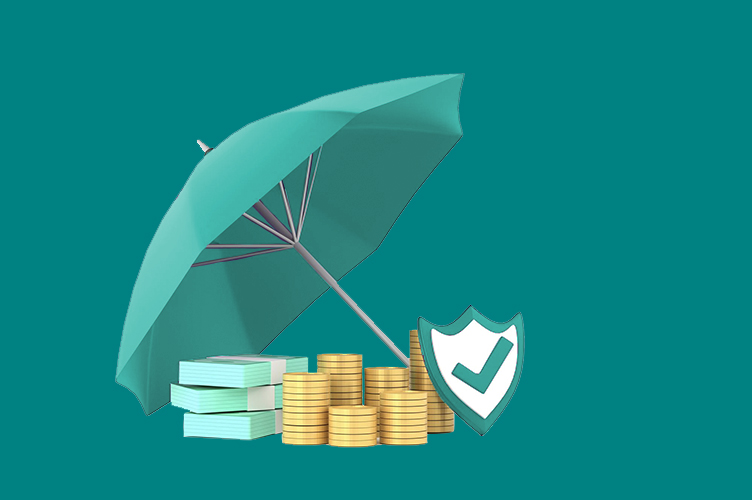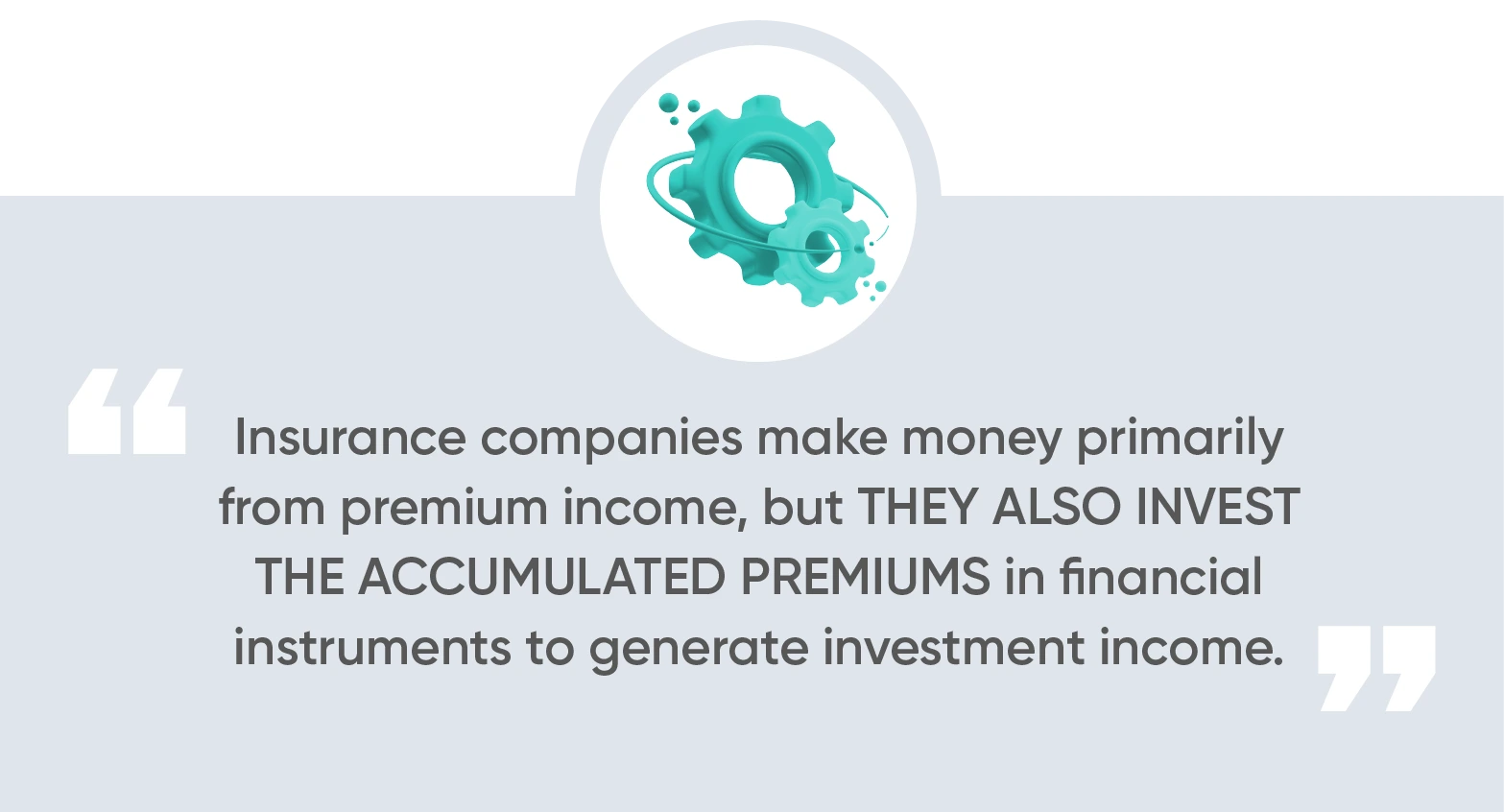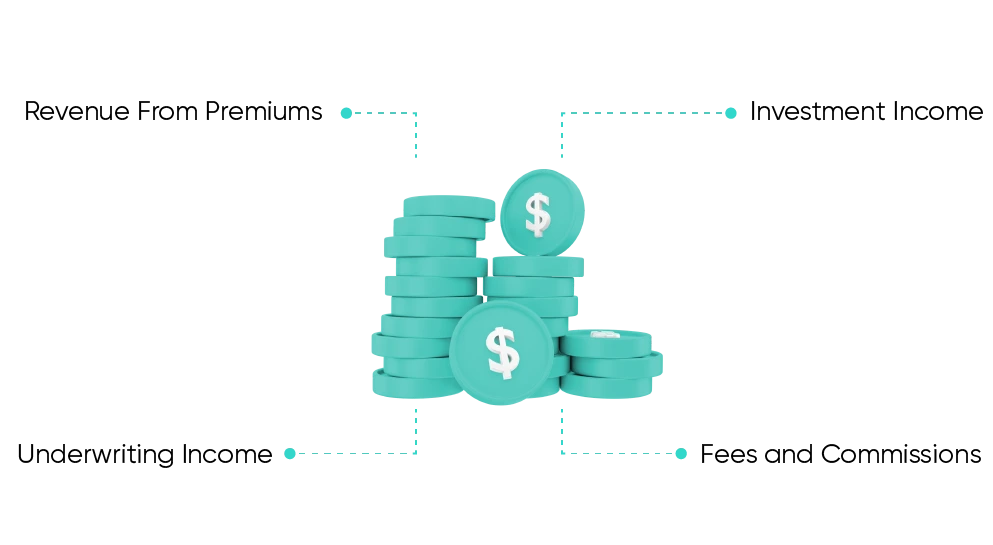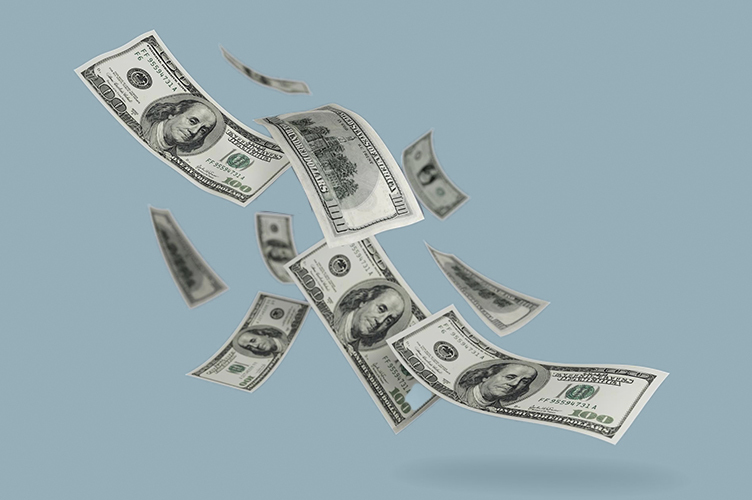How Do Insurance Companies Make Money?
If you drive a car, own or rent a home, or have valuable items you want to protect, you may consider buying insurance. However, when shopping for a policy to protect your assets, you may also initially feel like insurers are overcharging just to make a huge profit off your monthly premium.
Knowing how insurance companies make money, including the sources of their revenue, the factors that determine premiums, and the role of risk assessment, can give you an appreciation for the value of insurance and the financial protection it offers for your precious belongings.
What You Will Learn
How Do Most Insurance Companies Work?
Understanding an insurance company’s profit model can provide you with peace of mind when it comes to protecting your prized possessions. Here’s what you need to know about policies, premiums charged for coverage, underwriting and risk, and claims processes and payouts.
Insurance Policies
Insurance policies are the contractual agreements between the insurance company and policyholders. These policies outline the terms and conditions of coverage, including the risks insured against, the duration of coverage, and the limits of liability. They serve as the foundation of the insurance relationship, defining the scope of protection the insurer provides.
You can obtain an insurance policy for many assets or situations, including:
- A life insurance policy
- Travel insurance
- Homeowners’ or renters’ insurance
- Car insurance
- Personal injury protection insurance
- Jewelry insurance
Premiums
Insurance premiums are the payments made by policyholders to insurance companies in exchange for coverage. Various elements, such as the type and extent of coverage, the insured’s risk profile, and the likelihood of claims, determine the premium amount.
Insurance companies carefully assess these factors to calculate premiums that adequately cover potential risks while ensuring profitability.
Underwriting and Risk
Underwriting is the process by which insurance companies evaluate and assess risks associated with potential policyholders. It involves analyzing age, health, occupation, and past claims to determine the likelihood of a claim being filed.
Based on this assessment, insurers determine specific insurance coverages, set premium amounts, and apply policy exclusions or conditions to mitigate risks.
Claims Processes and Payouts
When an insured event occurs, policyholders initiate a claim to request compensation from their insurance company. The insurance claims process involves submitting relevant documentation, such as incident reports or medical bills, to support the claim. For jewelry insurance, this may include submitting pictures of the item and its most recent appraisal.
Insurance companies thoroughly investigate claims to verify their validity and ensure they fall within the policy coverage. If approved, the insurer will provide a payout to the policyholder, either through a lump sum or installments, depending on the policy terms.
How Do Insurance Companies Make Money?
Insurance companies make money primarily from premium income, but they also invest the accumulated premiums in financial instruments to generate investment income. They also earn revenue from sources such as fees for policy services and commissions from partnering with agents and brokers.
Revenue From Premiums
A policyholder’s premiums are calculated based on coverage type, risk assessment, and the probability of claims. By effectively pricing premiums, insurance companies can cover potential losses and operating expenses while maintaining profitability.
Generally, policyholders with a lower risk assessment and probability of making a claim can expect a lower monthly premium. This applies to insurance like car or homeowners’ coverage. However, for some coverage, such as Piaget jewelry insurance, the premium depends on the item’s value.
Underwriting Income
Underwriting income refers to the profit or income insurance companies generate through the underwriting process. Underwriting involves assessing and evaluating risks associated with potential policyholders, determining appropriate premium rates, and deciding whether to accept or reject insurance applications.
When insurance companies collect premiums that exceed the anticipated claims and expenses, they earn underwriting income. It is essentially the difference between the premium revenue received and the costs incurred in providing insurance coverage.
Investment Income
Insurance companies invest premium dollars to generate additional income. Investing premiums gives insurers long-term stability. They make these investments in various financial markets through instruments like stocks, bonds, and real estate.
By carefully managing their investment portfolios, insurance companies can earn returns to supplement their premium revenue.
Fees and Commissions
Insurance companies make income by charging fees for policy services, too, such as policy issuance or administrative tasks. Additionally, insurers may earn commissions through partnerships with agents and brokers who help sell insurance policies.
Governmental Regulations for Insurers
In the United States, insurance companies operate within a regulatory framework designed to protect consumers and ensure the financial stability of the insurance industry. Governmental regulations place limits on insurance company profits, including underwriting income, fees, and premiums.
Many states furthermore have laws that grant regulatory authorities the power to review and approve insurance rates. These authorities assess whether rates are fair and reasonable, preventing insurers from charging excessive premiums that could lead to excessive profitability.
These laws also include consumer protection rules that govern claims handling, policy cancellation, disclosure requirements, and transparency in insurance contracts, ensuring fair treatment for consumers and preventing unfair practices that could disproportionately benefit insurers.
Insurance companies are also subject to solvency regulations and reserve requirements that ensure their financial stability and ability to pay claims. These regulations often require insurers to maintain a certain level of capital and surplus to withstand potential losses and provide a sufficient cushion for policyholder claims.
Why Insurance is Worth It
While it may seem that insurance companies earn huge sums in underwriting profits, they also face major risks. In some cases of property or livelihood loss, the insurance company takes on the entire financial burden for their policyholders — which is good news for you.
Insurance is a vital financial tool that, despite the cost, provides peace of mind and protection against unforeseen events. Take life insurance, for instance. This insurance ensures financial security for loved ones in the event of a policyholder’s death. Life insurance companies offer various life insurance policies, including term life insurance, which provides coverage for a specified period, and universal and whole life, which offer lifelong protection with potential cash value accumulation.
Investing in insurance, whether it’s life insurance, homeowners insurance, or jewelry insurance, offers invaluable financial security and mitigates potential risks.
Get Affordable, Comprehensive Coverage for Your Fine Jewelry
Jewelry insurance specifically protects valuable jewelry from loss, damage, mysterious disappearance, or theft. With a comprehensive policy from a jewelry insurer like BriteCo, you can obtain full coverage for your valuable jewelry at up to 125% of its appraised value.
With low premiums at around .5% to 1.5% of the appraised cost, this type of insurance is worth the cost for the protection and peace of mind it offers. Get a quote from BriteCo today to protect your valuable jewelry with total coverage at an affordable price.
Also Check:
Jeweler’s guide to insurance payment suspensions by state
What is an Insurance Premium? | BriteCo Jewelry Insurance
What is Insurance? An Intro to the Basic Types of Insurance











